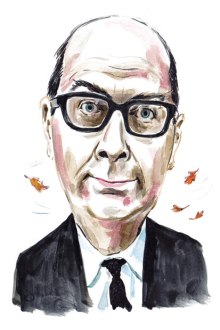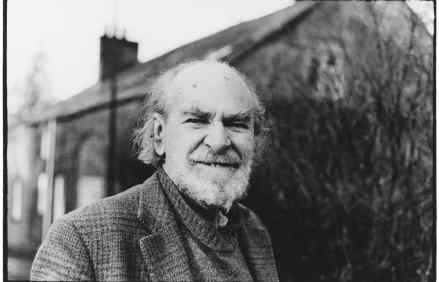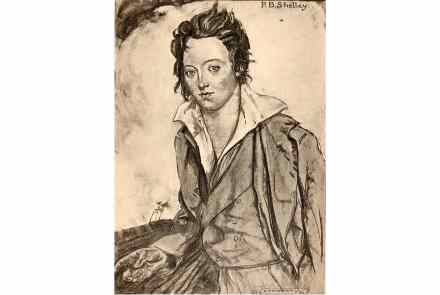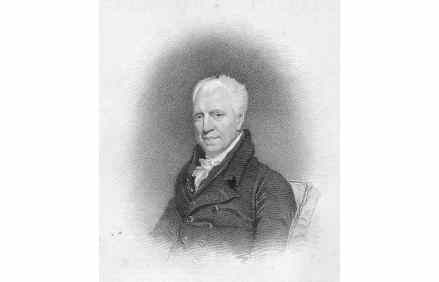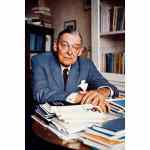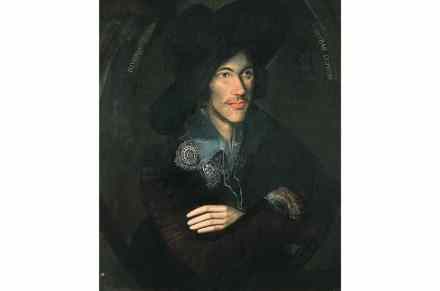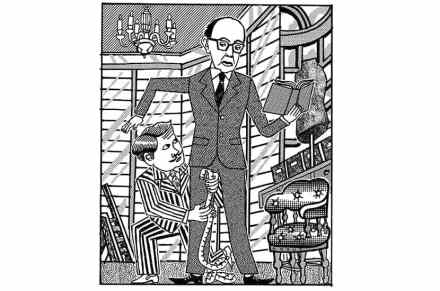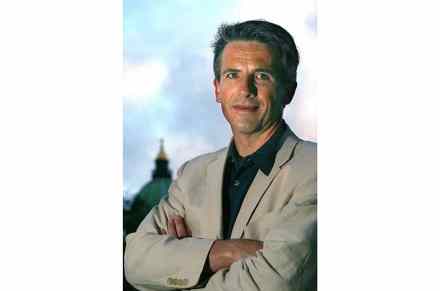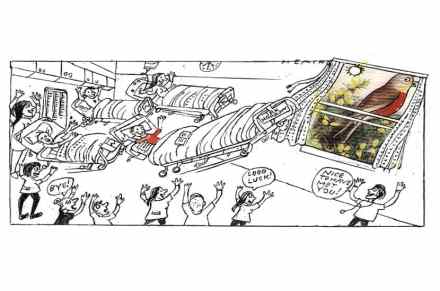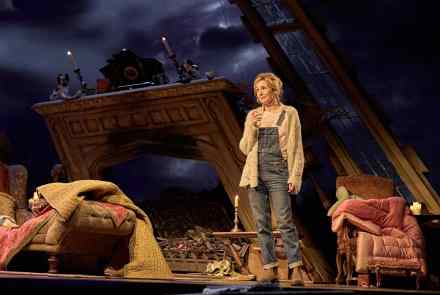Larkin at 100: a tribute (1985)
This piece is taken from The Spectator’s fully digitised archive. There are many ways of judging poets. One sure test of their personal appeal is how many lines of their poetry you can remember. Not only can I remember a lot of Larkin, I find that it has sunk very deep, and become part of my private language. This is true both of his funny stuff – My wife and I have asked a crowd of craps To come and waste their time and ours… and also the jokey sadness of What else can I answer When the lights come on at four At the end of another year? Give
